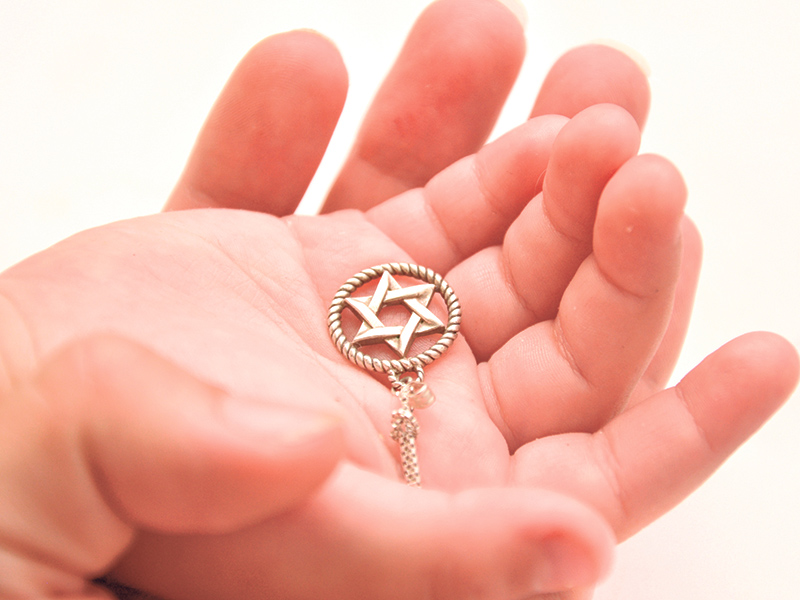There is no one silver bullet for developing a strong Jewish identity. Research indicates that, taken individually, day schools, camps, active synagogue lives, Israel experiences and other programs each offers impactful experiences. The real magic, however, comes when they work in concert. When a child has multiple high-impact Jewish experiences, the research indicates, the influence of each is magnified.
To strengthen our Jewish community today and into the future, it’s incumbent on us to ensure that every Jew has a youth and young adulthood filled with multiple, high-impact Jewish experiences.
To achieve this goal, we need to focus on three key age groups.
The first is young families with children, from birth through elementary school. Early childhood years are critical for both children and their parents. For children, it’s about setting up a life of Jewish engagement. The early routines parents set shape lives going forward.
For parents, the birth of a child is disruptive. Everything changes – daily routines and shopping habits, social networks and philosophies on life. It’s a moment when we reshape our lives in dramatic ways. A focus on young families gives us an opportunity to instil the responsibility of Jewish parenting and create networks of people undergoing similar life experiences.
Two trends are reshaping the face of young family Jewish education. The first is PJ Library. Each month, more than 8,000 young children – 55 per cent – in Toronto receive PJ Library books. It’s an astounding number. And the books are being read. A recent study found that 44 per cent of recipients are reading PJ Library books at least once a week.
The second trend is toward universal public kindergarten. With the introduction of free all-day kindergarten in many areas, Jewish programs are facing new challenges to bring in young families and compete in a new marketplace.
READ: KEEPING THE NEXT GENERATION JEWISH
The second age group is teens. While engagement amongst elementary aged children is incredibly high – likely hovering around 80 per cent – that number drops significantly in the teenage years to around 30 per cent. For too many, bar/bat mitzvah is a graduation from ongoing Jewish engagement. During this time, the race for resume-building builds and competition for extracurricular activities intensifies.
Teenage years, however, are critical times for identity development. It’s during these years that children begin the process of making their own life-impacting decisions: they start dating, driving, choosing universities and majors. With low participation rates in Jewish activities, these life-changing experiences aren’t being supported by guides and touch-points infused by a Jewish ethos.
Finally, our eyes must turn to emerging adults – post-university and pre-children. In many respects, it’s a new time in life. First, as we push off the age of marriage and child-rearing, there is an expanded frame of time. Second, in Toronto at least, as more high school graduates go to university outside of the city and return to live in new areas of town, emerging adulthood has grown.
These are years when young people ask big questions – shaping and reshaping career paths, partnering, and forming other questions that will shape their future and that of their family. It’s also a stage in life for which we have no structured community infrastructure. Hillel – which provides powerful engagement for students on campus – marks the end of formal engagement structure before the young people reconnect to the Jewish community through kids.
Strengthening our community necessitates ensuring that every Jew has a youth and young adulthood filled with multiple, high-impact Jewish experiences. Accomplishing this goal will require the development of strong, community strategies focused on raising participation rates amongst young families, teens, and emerging adults. These strategies can only be created and implemented if we work together as a community or organizations – day and supplementary schools, camps, early childhood centres, synagogues, JCCs, Israel experiences, etc.
